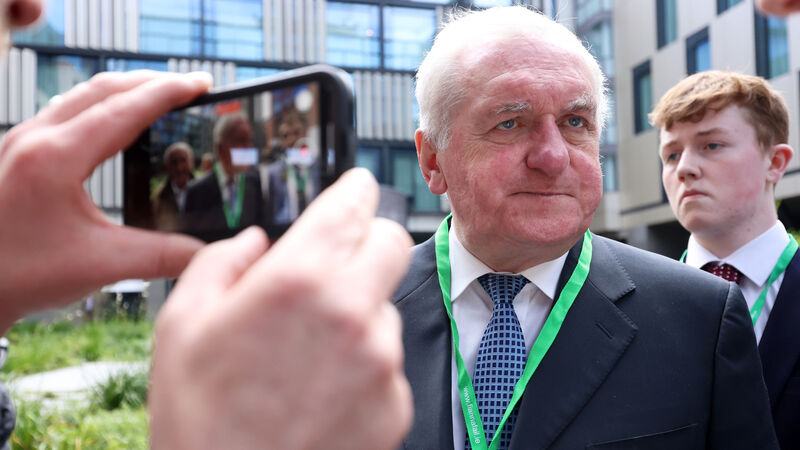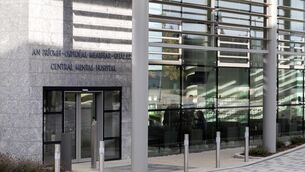Irish Examiner view: Fianna Fáil's turn to consider its options

On paper, former taoiseach Bertie Ahern is a standout option, with a lengthy public career, significant achievements on his CV, and a high level of voter recognition. In reality, however, Mr Ahern is also indelibly associated with the economic crash. Picture: Leah Farrell/RollingNews.ie













